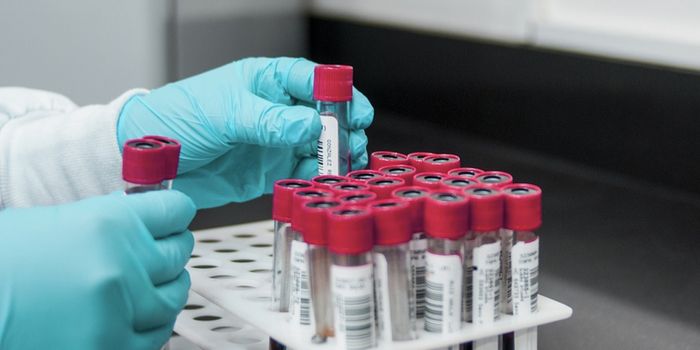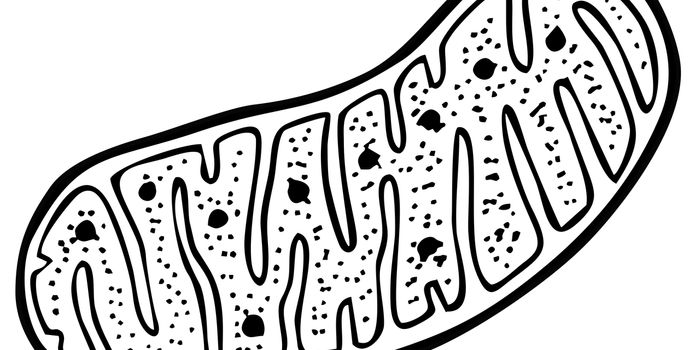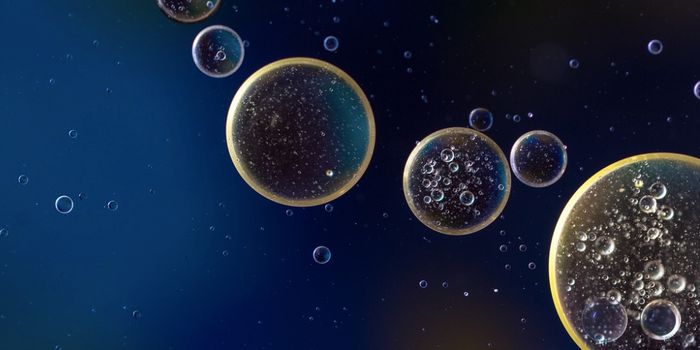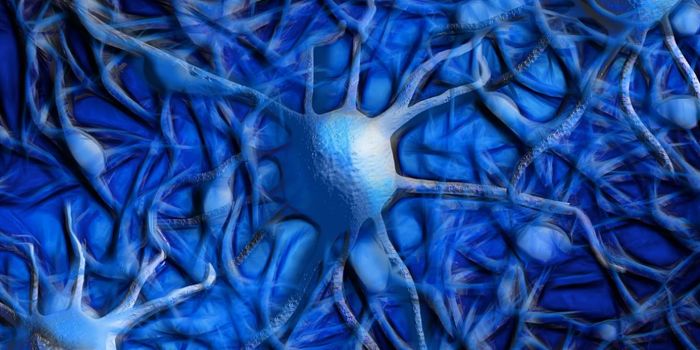New Cell Reprogramming Method Erases a Cell's Identity
Stem cells hold tremendous potential in healthcare and research science, because they can become any type of cell. However, there were many impediments to using them. They cannot be obtained from embryos, and scientists had to find a laboratory method to produce them. The problem was solved by Nobel prize winner Shinya Yamanaka, who found a cocktail of genes that could be altered to turn adult skin cells into stem cells.
These artificially created induced pluripotent stem cells (iPSCs) have been tremendously useful. But Professor Ryan Lister from the Harry Perkins Institute of Medical Research and The University of Western Australia noted that iPSCs are not true stem cells, because they retain the epigenetic identity of the cells they once were. They also have other epigenetic abnormalities. Epigenetics refers to features of the genome that can affect gene expression, such as DNA structure or chemical tags like methylation, but which do not change the sequence of the genome.
Because the epigenetics of reprogrammed cells are not like those of the cell type they mimic, there could be dramatic differences between reprogrammed and natural cells, limiting their use and the value of conclusions drawn by using them as model.
In new work reported in Nature scientists have found another way to reprogram cells that also resets a cell's epigenome in a way that parallels what happens in the very early stages of embryonic development, explained study co-author Professor Jose M. Polo of Monash University, among other appointments. The method has been called TNT reprogramming,
"This significantly reduces the differences between iPS cells and [embryonic stem] cells and maximizes the effectiveness of how human iPS cells can be applied," said Polo.
The researchers investigated how the epigenome of somatic cells changes during cellular reprogramming, and determined exactly when epigenetic aberrations arise. They then introduced a step to reset the epigenome, erasing the cell's memory and avoiding aberrations.
The human cells reprogrammed as TNT-iPSCs were a much closer match to human embryonic stem cells from both a molecular and functional standpoint, compared to iPSCs created the typical way. The study authors are hopeful that problems that can arise from stem cell therapies that do not include a reset of the epigenome will be avoided with this new method. It could expand their safe applications in the clinic, and usefulness in the lab.
"We predict that TNT reprogramming will establish a new benchmark for cell therapies and biomedical research, and substantially advance their progress," said Lister.
Sources: Monash University, Nature









